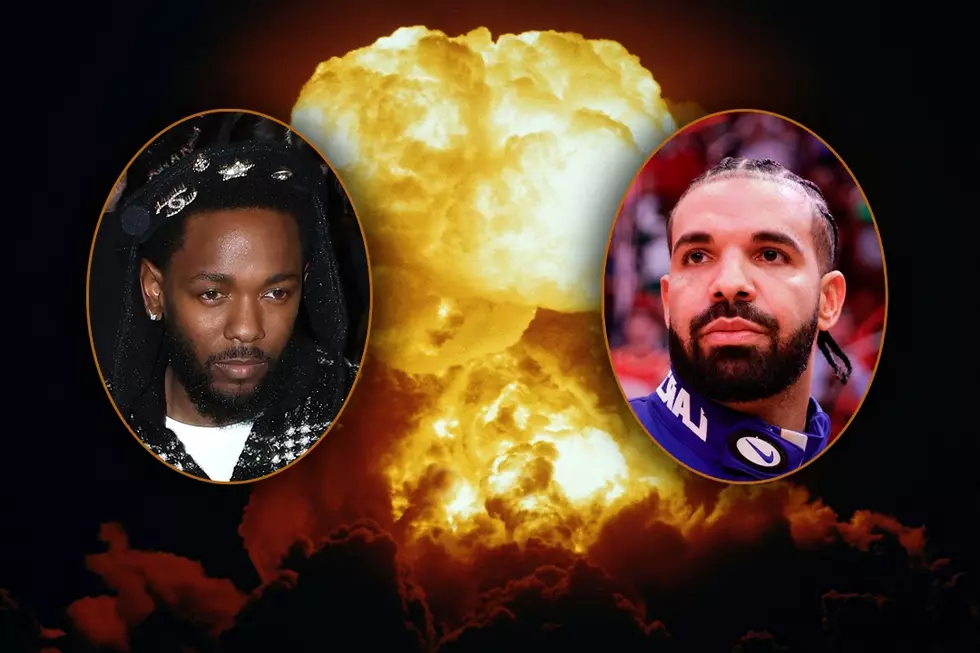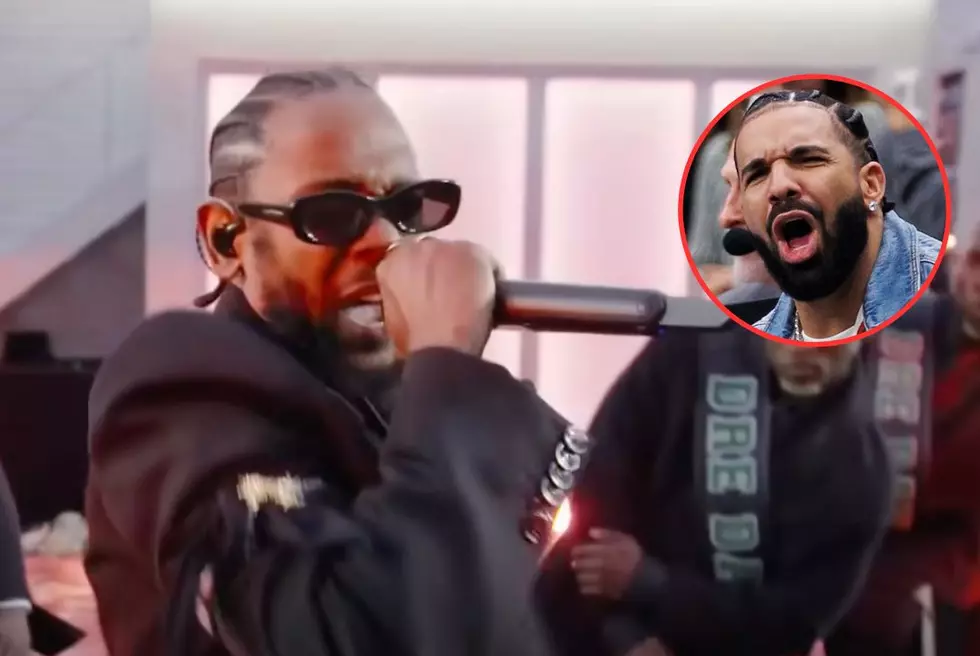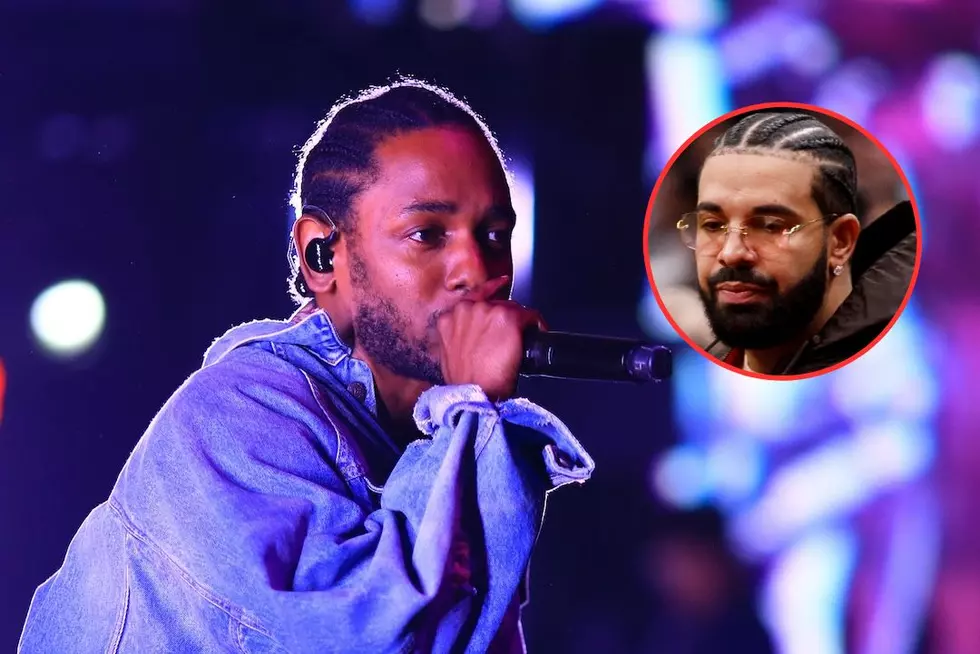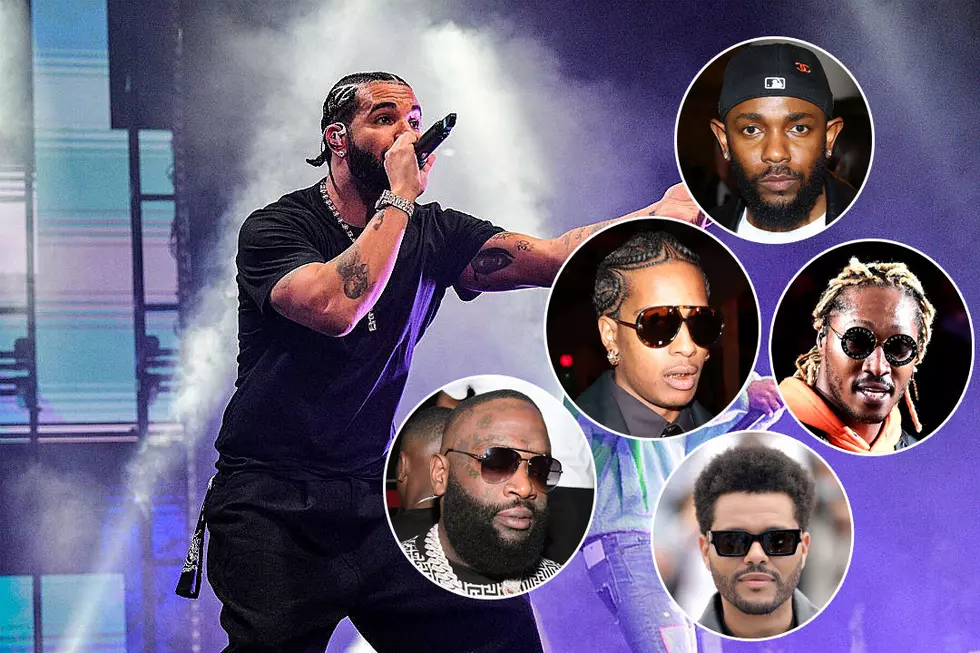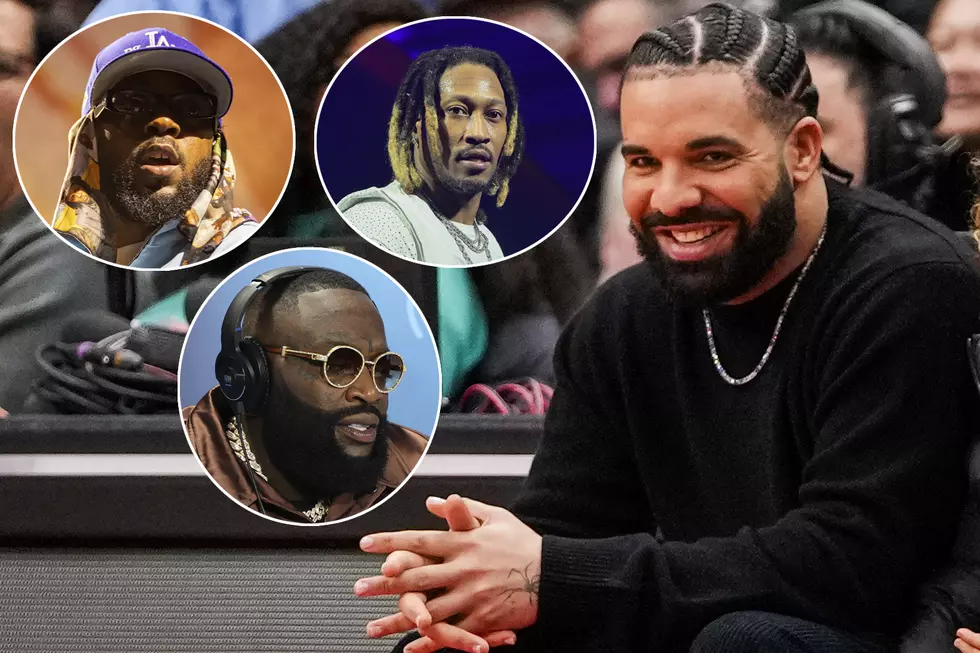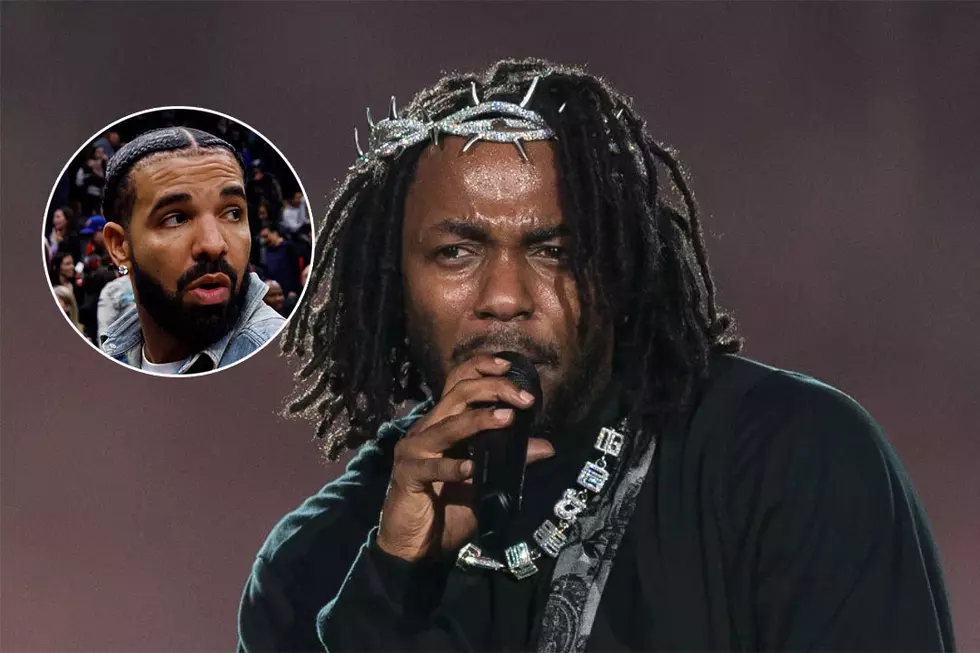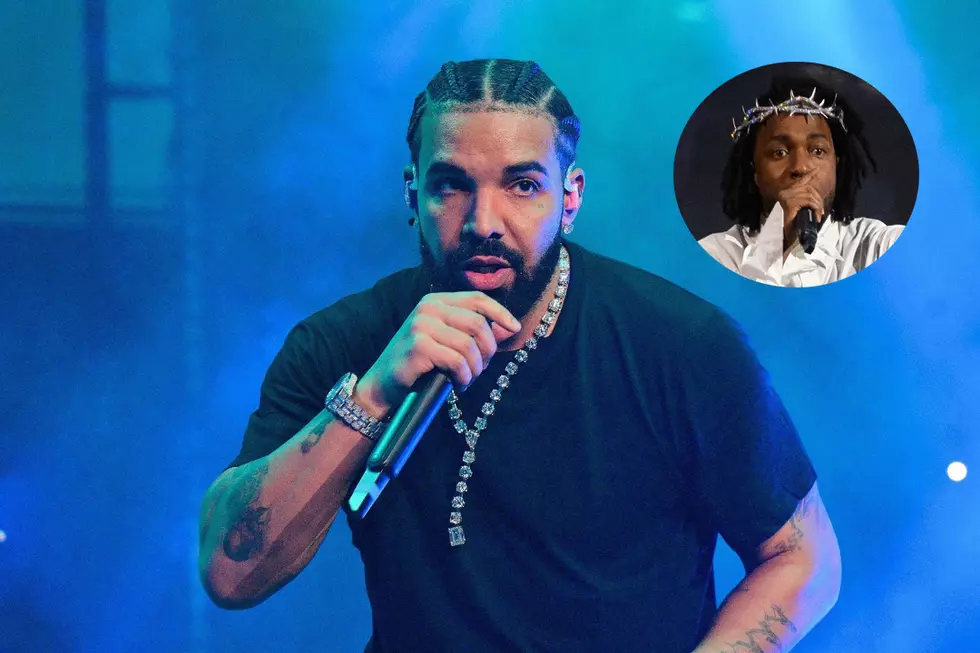Slick Rick
Can I Live?
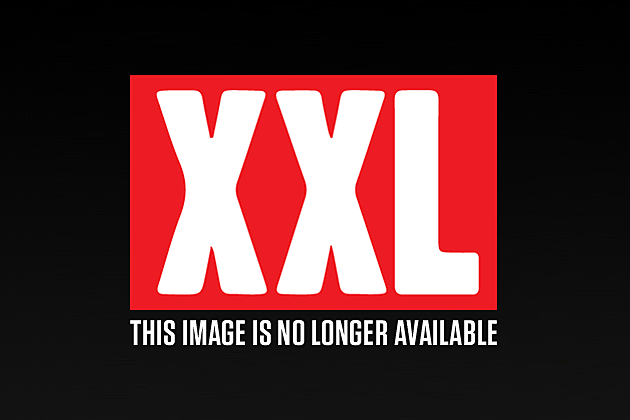 Slick Rick is not a terrorist. Sure, he has an eye patch, but he’s not even a freaking pirate. Slick Rick is a 41-year-old legend of American popular music, and yet, our government wants him to get the hell out. That’s right, the Department of Homeland Security has once again urged a court to reopen Rick’s case, which could result in him being deported back to his native England.
Slick Rick is not a terrorist. Sure, he has an eye patch, but he’s not even a freaking pirate. Slick Rick is a 41-year-old legend of American popular music, and yet, our government wants him to get the hell out. That’s right, the Department of Homeland Security has once again urged a court to reopen Rick’s case, which could result in him being deported back to his native England.
It all started 16 long years ago. At the height of his recording career, Rick went to prison for committing a felony. After serving three years, the government said he was rehabilitated and he was released. In 1996, a new law was passed that said aliens who have served five years could be deported back to their homeland. Luckily a judge ruled that Rick, who was born in England and immigrated to the United States at the age of 11, had served less than five years, so he was permitted to stay. Things were fine until the events of September 11, 2001 prompted the Department of Homeland Security to step in and do everything they could to get potentially dangerous aliens out of the country. Gone were the nuanced, personalized decisions—Ricky D was just a number to them. After performing on a cruise boat off the coast of Miami, Ricky D was arrested and thrown in jail without bail for 17 months while they decided his fate.
A judge in New York once again came to the same decision—Rick was not a threat and was well within his bounds to stay in America. In late 2003 he was able to resume his life, until recently. Despite the fact his crime was committed and tried in New York, the government is now trying to re-try Rick in a Florida court, where he was detained back in 2002 for “deporting himself”. XXLMAG.COM caught up with the Ruler to discuss the government’s campaign again him and other immigrants, as well as the lack of mature music in hip-hop’s marketplace. Herrrrre we go.
It’s pretty clear that you’re not a terrorist. Why can’t the Department of Homeland Security get that through their heads?
The law says that if you’ve served more than five years, you can be automatically deported. I had only served three years. The other four years were served fighting the immigration, so that brought us to seven years. It’s just a basic common sense thing. The judge already had granted me my freedom on those grounds [in 2003]. The only reason I can think that they would bring it up again would be because of everything that’s happening now with trying to fix their immigration situation.
The attitude since 9/11 is that we have to give up some of our individual freedom in order to make everyone safer. What do you see as the alternative?
It needs to be more humane. Everything can’t be like, robotic or mechanical. You can’t lose compassion for mankind along the way. I mean, we’re talking about something that happened 16 years ago. Some of the things are kind of obvious. This was a law they had passed after I served the sentence. If you serve your time, you’re rehabilitated, you’re in the streets, everybody is content, fine. And then you have to go back to jail for four and a half years to decide if you should be deported? That’s longer than the time you did for the crime! And then 16 years later, for you to bring up the case again? I’m serving more time playing political games than becoming a rehabilitated human or whatever.
You have the press conference with the Hip-Hop Action Summit coming up tomorrow. What do you hope that will accomplish?
To give awareness to the public, and to keep their minds on what’s going on around them in the world. There’s not much people can do right now. Maybe later on they can sign a petition, but right now the idea is to just to open up everybody’s mind. You don’t see too many [immigrants] who have high exposure to the public, except for people like myself, which isn’t even that high. Imagine if I was John Lennon or something? The problem is we don’t show a side of compassion in our theories. We’re talking about abuse of the judicial system. It’s not that you can blame one person or two people, it’s just that sometimes you’ve got to look at people as humans and not as machinery that can be moved around for the benefit of Homeland Security or whoever.
Have you thought about what you would do if you lost and had to be deported?
Well, if you lose and you get deported, what are you gonna do? You gonna pack your suitcases and you’re gonna leave, ain’t you? There’s only so much you can do. If it doesn’t work out in your favor, then you just gotta move on to the next thing.
Do you feel like you have any connection to England at this point?
Not really. I left in 1976, so it would be like a fish out of water. I was 11 years old.
Have you been recording much music lately?
Well, not right now. I’m waiting for a market to open up for a [more] mature audience to see where we can fit in. We need to be inspired. Right now, the market is pretty much…it’s not bad, but it caters to the youth. And the youth market, they really talk about stuff that we’ve already talked about. Going to the club, meeting girls, trying to be the tough guy here and there. All of that stuff we did in our 20s, and I’m 41 now. I’d rather talk about things that 41-year-olds talk about, but without sounding preachy, just having a good time. This how we talk, this is how we move. We just keep it sensible and true.
Why do you think hip-hop has so much trouble with maturity?
You gotta look at it like this: hip-hop never had a blueprint. It was just something that was brought up for fun. And now hip-hop is about 40 years old. But it doesn’t act like it’s 40 years old, it acts like it’s in some kind of remission stage and it can’t get past 20 or 25. Like once everyone hits about 25 or 26, they start lying about their age. It’s just the pressure of the market. The market forces you to be younger than you are. When you hit a certain age, the record companies are not that interested in you. And then you lose inspiration too, because you don’t want to feel like you’re competing with children for a children’s market. You wanna be like Prince, or these older artists that have their own audience.
What about all your fans from when you first came out who are now grown up? Aren’t they looking for something more mature?
Yes, I definitely think there’s an audience. If you’re a hip-hop fan, you’re not gonna want to listen to childhood raps if you’re like my age, but it’s not really happening. Music has become more commercial. It’s no longer free spirits that were blessed with a talent that had a market to sparkle. Now it’s just become an industry, a business that just puts a Black artist on a song to sing about sex and girls and that’s it. Everything is pretty routine and monotonous now.
What would have to happen for that market to really open up?
I guess it would just take real genuine people with genuine talent to be able to present their gift up front. Like, for example, when Avril Lavigne came out. That’s her name, the young White girl?
Yep.
The way she sang that song, “It’s a damn cold night/Trying to figure out this life/Is there anybody out there?” That made mature sense. Even with the other guy, what’s his name…“We’re just ordinary people…”
John Legend?
Yeah, see what I’m saying? Songs like that, you don’t hear [in hip-hop]. People are not relating as a whole anymore. Only certain songs inspire us as a whole, and there’s not too many.
Just so you know, the rumor going around is that you’re working on a new album called The Adventure Continues.
[Laughs.] I mean, that’s a good title to tell you the truth.
What's your relationship with Def Jam like nowadays?
Right now, like I said, they’re catering more to a younger market. They pretty much put us on the shelf, you know, until we can finesse a record deal with somebody else or just say I want to be dropped or anything of that nature. I just hope that this record label gets to see that there is a market for this mature rap.
I’ve heard from a few different artists who were signed to Def Jam in the ’90s that they stopped being attentive to them when the regime change happened.
I wouldn’t just say it’s Def Jam, it’s the whole industry in general. Too much catering to the youth mentality. Imagine if all our stars—the Beatles, whoever—all they sang about was womanizing, and stuff that we did as kids but have now grown up. It would get tiring after a while. You won’t even enjoy yourself when you go to a disco and a club anymore because everything sounds shallow.
So if the market does open up and it comes time to release another album, would you look at other labels, or would you stay on Def Jam?
If that’s what it comes down to. Right now, my record label has the option to do whatever they gonna do. Once they decide what they’re gonna do, then I can decide what I’m gonna do.
More From XXL
